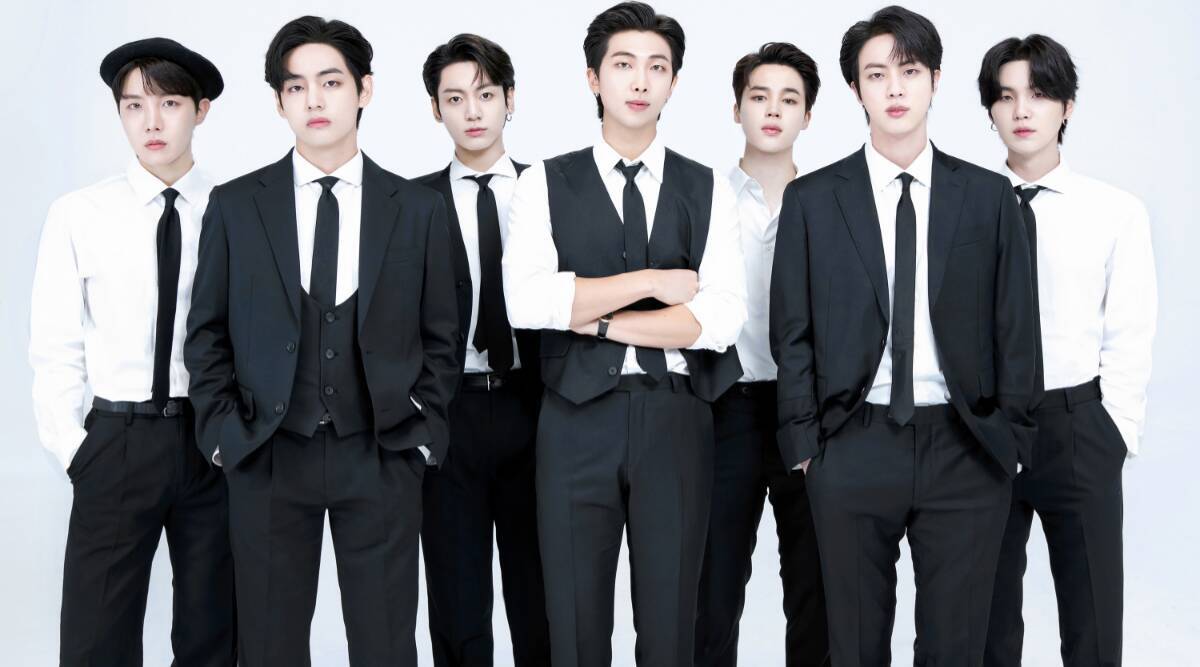 Exceptions from conscription exist and many have wondered why BTS did not qualify, given their contributions to South Korean culture and economy. (Photo: Weverse)
Exceptions from conscription exist and many have wondered why BTS did not qualify, given their contributions to South Korean culture and economy. (Photo: Weverse)On October 17, it was announced that members of the breakthrough South Korean boy band, BTS, will be enlisting in the country’s military as part of conscription – the mandatory requirement for able-bodied Korean men aged between 18 and 28 years of age to serve for one-and-a-half to two years.
Shortly after the announcement, news reports of the band’s economic value began doing the rounds. A Hyundai Research Institute report from 2018 said, annually, their contribution to the South Korean economy amounted to $3.6 billion. Four years later, their influence has grown exponentially. According to a Forbes report, their YouTube channel alone can generate up to $2 million a month.
So, understandably, the news of their enlistment created fear of loss of revenue for the country, given BTS’s influential position in the rise of Korean cultural products globally.
When compared with the BTS announcement from June that they are taking a break from the band to focus on their solo careers, there is a definite shift in the way many fans like me took the news of their conscription. For those in the know, the news of enlistment didn’t come as a surprise. Members of the “BTS ARMY” ( the colloquialism for their fan base) were aware of how the group has often publicly stated they would enlist when the time comes. It was a question of “when” rather than “if”. It was clear that South Korea takes conscription very seriously; celebrities, too, barely qualify for exemptions. Though these ideas have never fully made sense to me, their proof is present in the stories of other Korean cultural figures.
My first brush with K-pop, as was the case of many others, was random, through the 2013 single viral hit “Gangnam Style” by Psy. Before his climb to global fanfare, Psy was made to re-enrol in the South Korean military because it was held he did not correctly complete his duties the first time around.
For those like Psy who are in the public eye, even the appearance of trying to avoid military service can have disastrous consequences. The most famous case is of Yoo Seung-jun, a Korean entertainer who became a national sensation with his debut in 1997. While he said he would enlist in the military, he acquired US citizenship shortly before he was due to serve, which led the government to ban his entry into the country. This effectively ended any goodwill towards him in South Korea.
I began actively listening to Korean music and became familiar with Korean pop culture in 2020. As I learnt more about the industry, the idea that artists had to more or less disappear and pause their careers thanks to the wonderful legacy of the Cold War simply didn’t make sense.
Perhaps, in one way, it can be an equaliser in society – that the rich and famous do not get a pass. Exceptions exist, though, and many have wondered why BTS did not qualify, given their contributions to South Korean culture and economy. Exemptions are authorised within an extremely limited scope. Only athletes, classical musicians and dancers who have fulfilled certain requirements – such as winning the gold medal at the Olympics or Asian Games – are allowed to forego military service.
The logic goes: These competitive wins help raise Korea’s national prestige. Those in sports and some of the arts are also usually at their prime during their youth, so they should be allowed to work uninterrupted towards securing those laurels.
But in an era where Korean companies like Samsung, Kia and Hyundai have made their mark globally; when films like Parasite are considered landmark achievements of global cinema; and when K-pop and K-drama stars help promote everything from Korean skincare to cuisine, why should athletes and classical artists be seen as the sole flag-bearers of a country? This rationale is curious.
What began as a casual interest in an eye-catching BTS music video, led me to explore other artists from the country, Korean society and feminism, and of course, K-dramas. And I am one among millions. I doubt any Korean Olympic gold medalist would have inspired as much interest.
BTS’s songs often capture the experience of being a young person in the 21st century, and they are known for having a diverse, massive fan base spanning across barriers of language and culture. Perhaps in a time when such wonders are possible, it has come as a greater shock that policymakers are still reluctant to change.
rishika.singh@expressindia.com